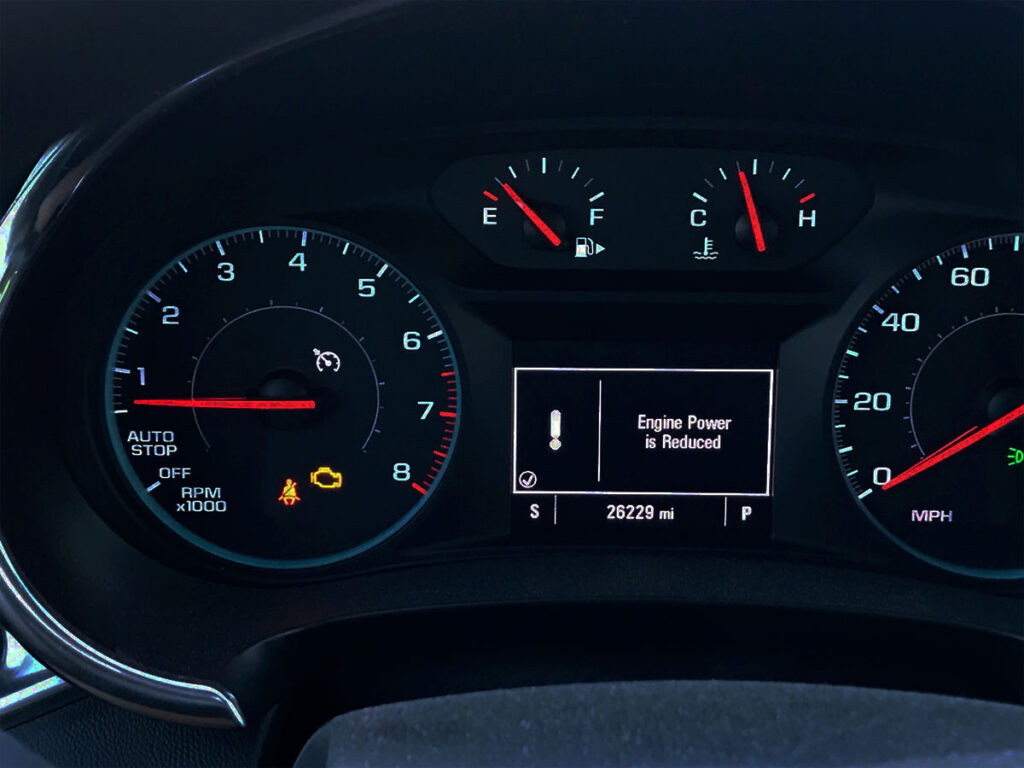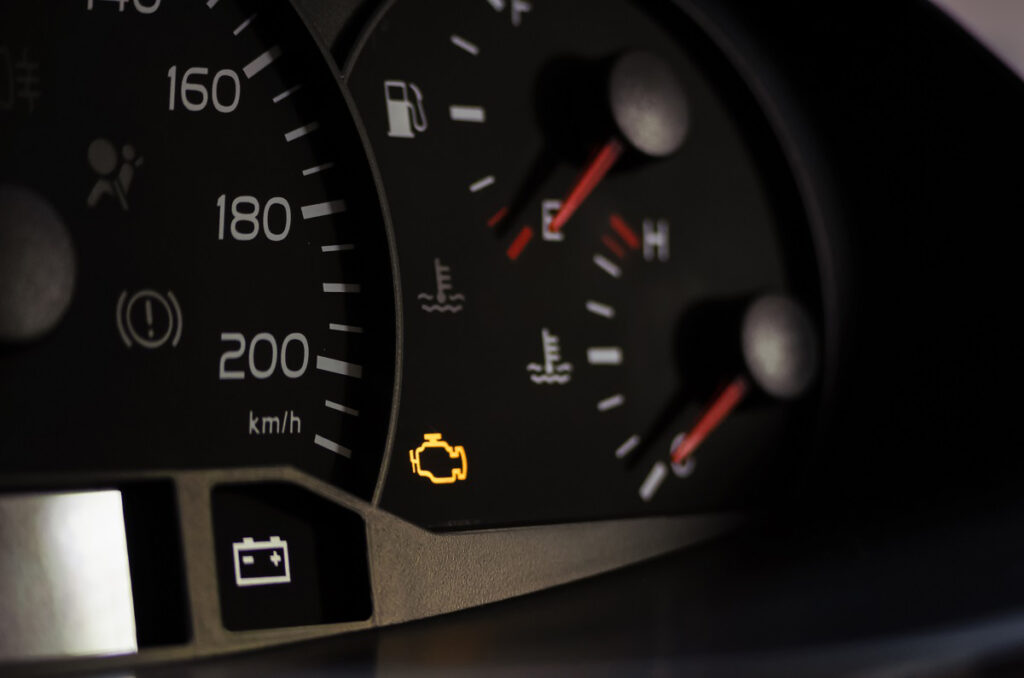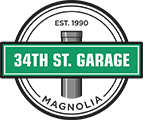
Guide to Understanding Your Check Engine Light in Seattle
The sudden illumination of your dashboard’s “check engine” light can be startling, but it’s essential to understand what it’s signaling. This light, though seemingly innocuous, could be your vehicle’s way of saving you from future exorbitant repair costs. Let’s delve into the importance of timely action and differentiating between a simple check engine light code reading and professional diagnostic testing.
Act Immediately for Long-Term Savings
Upon noticing the “check engine” light, immediate action can prevent minor issues from evolving into more serious problems. Think of it as a pre-emptive strike, always safer than regretting later.
Demystifying Common Fault Codes
A car’s engine management system uses fault codes to indicate potential issues. Here are some frequently encountered ones:
1. P0420: Often relates to failing catalytic converters, which can be damaged by a malfunctioning oxygen sensor or worn-out spark plugs or wires.
2. P0300: Indicates an engine cylinder misfire. Culprits can include worn spark plugs, defective spark plug wires, a malfunctioning fuel injector, or a faulty ignition coil. The symptoms are palpable – a vibrating engine or even a flashing check engine light, which is a signal to halt your vehicle and seek immediate professional help.
3. P0171 to P0175:These codes flag concerns related to your vehicle’s air/fuel ratio. It might be caused by issues like vacuum leaks, rather than sensor faults.
4. EVAP System Codes: Over recent years, EVAP system issues have risen. This complex system captures gas fumes, directing them to a charcoal canister. Some common EVAP-related fault codes include P0442 (small leak detected), P0445 (system leak detected), P0440 (EVAP System), P0446 (EVAP Vent solenoid valve control system), and P0411 (EVAP system control incorrect purge flow).
Often, a simple defect like a cracked gas cap o-ring can cause these issues. However, using non-original gas caps or overfilling your fuel tank can adversely impact the EVAP system, emphasizing the importance of OEM parts and not “topping off” fuel.
Free Check Engine Light Code Check Vs. Professional Testing
It’s easy to be tempted by free check engine light code checks that many establishments offer. They provide a basic reading of the stored fault code in your car’s system. However, the actual root of the problem may be more intricate.
Professional diagnostic testing, on the other hand, offers a comprehensive analysis. Specialists don’t just rely on the fault code but probe deeper, ensuring a precise diagnosis and thereby, an effective solution.
Practical Tips for Check Engine Light Onsets
– Consider easy fixes: A loose gas cap or a dirty air filter might be the issue.
– Seek professional counsel: Engage with specialists who can provide informed insights and facilitate necessary repairs before the bills stack up.
Your Check Engine Light Rescue Team in Seattle
Encountering a warning from your check engine light? Stay calm! At 34th Street Garage Auto Repair in Seattle, our team of AAA-approved, ASE-Certified Master mechanics is equipped to handle it. They don’t just rely on computer scans but delve deeper, ensuring accurate diagnostics. Whether it’s a pressing concern or a minor hiccup like a loose gas cap, trust our experts at 34th Street Garage Auto Repair to guide your vehicle back to optimal performance.
In Seattle’s competitive automotive landscape, having an ally who understands your car’s language is invaluable. Ensure you’re prepared and informed the next time your check engine light speaks up. Give 34th Street Garage in Seattle a call now!

